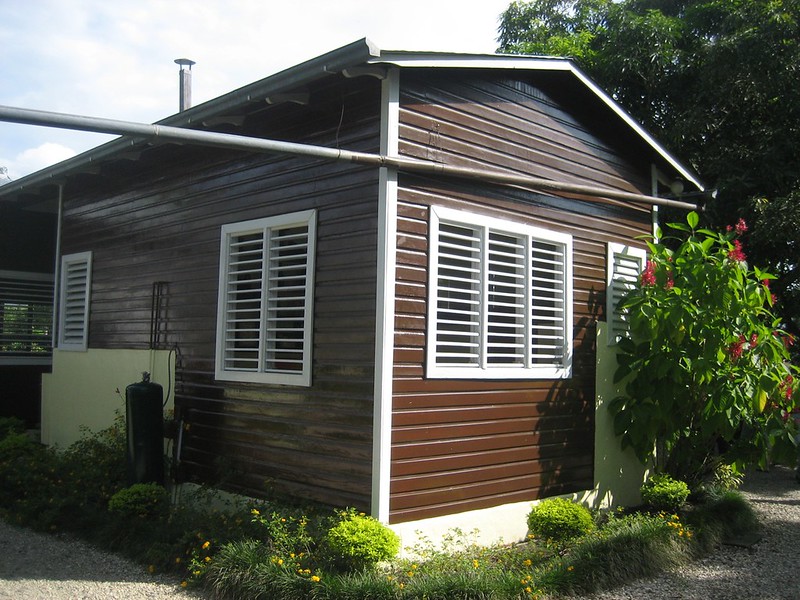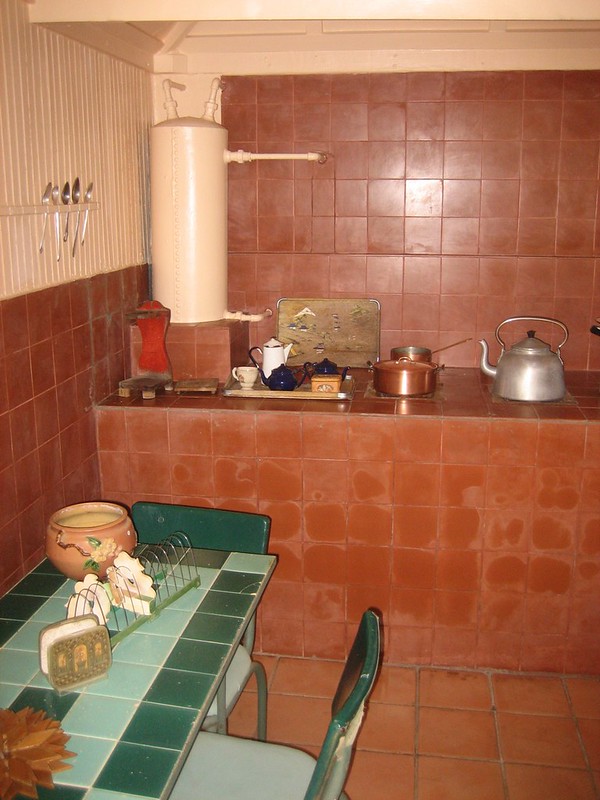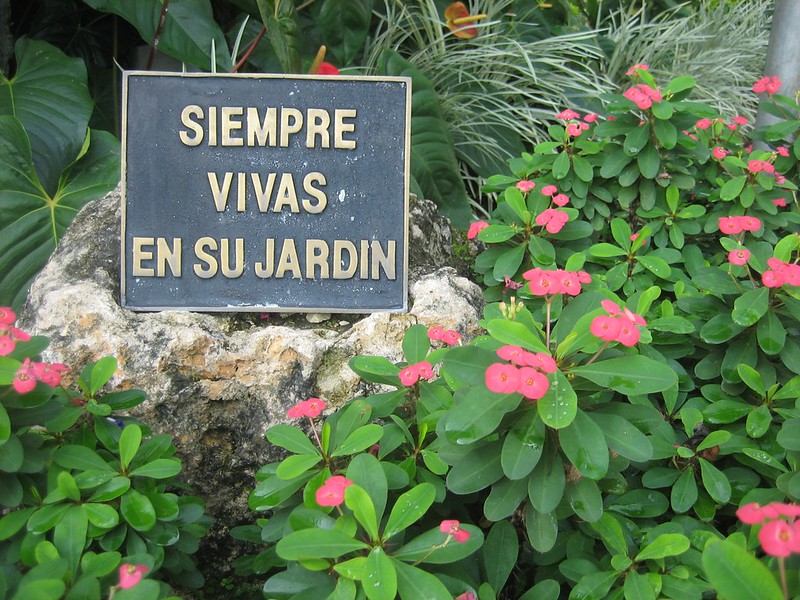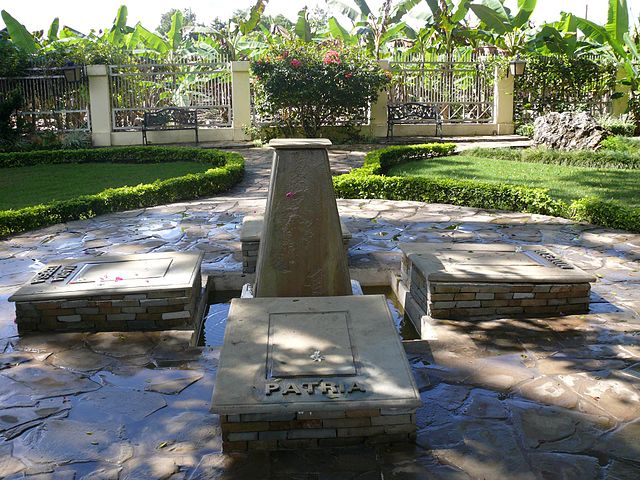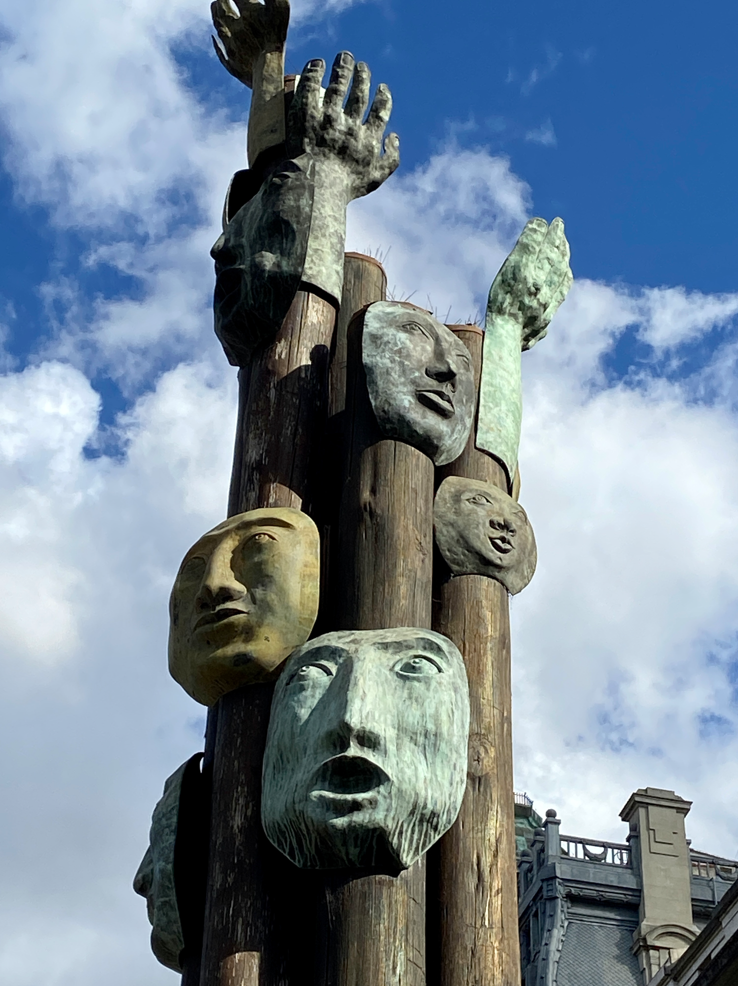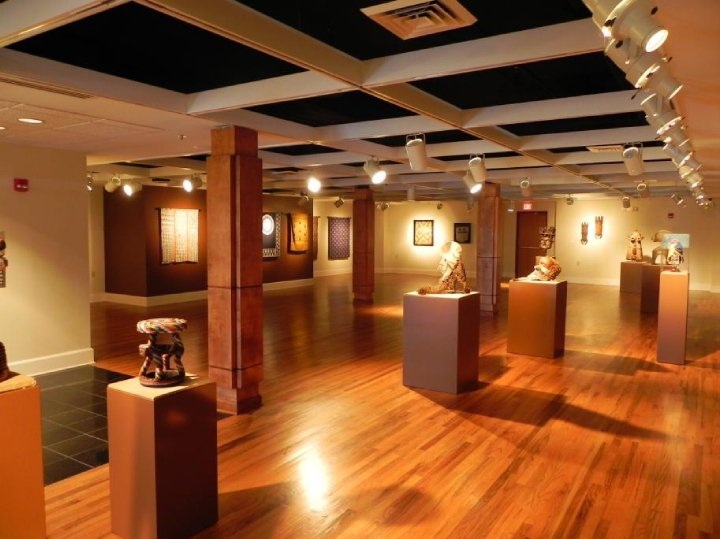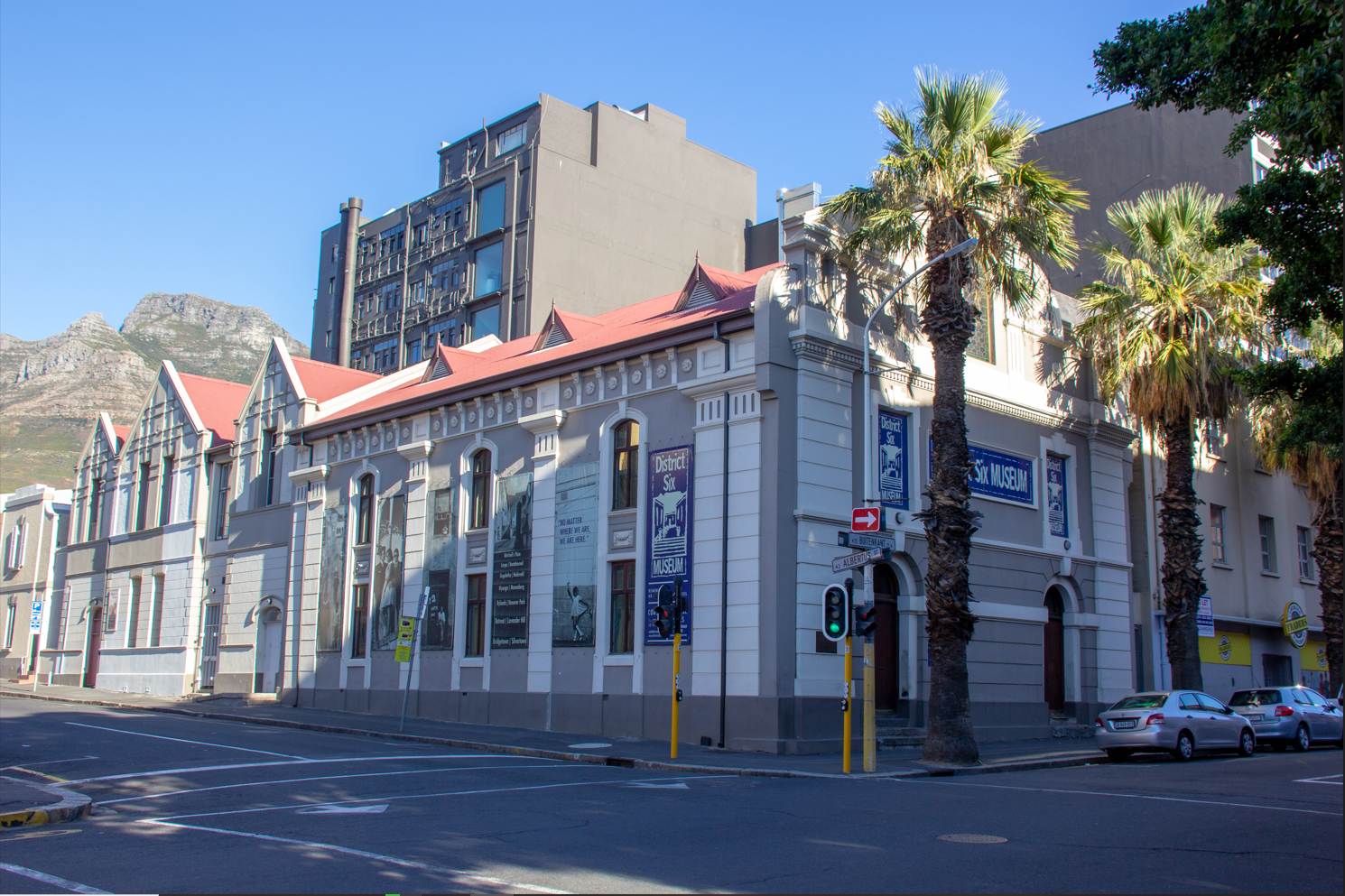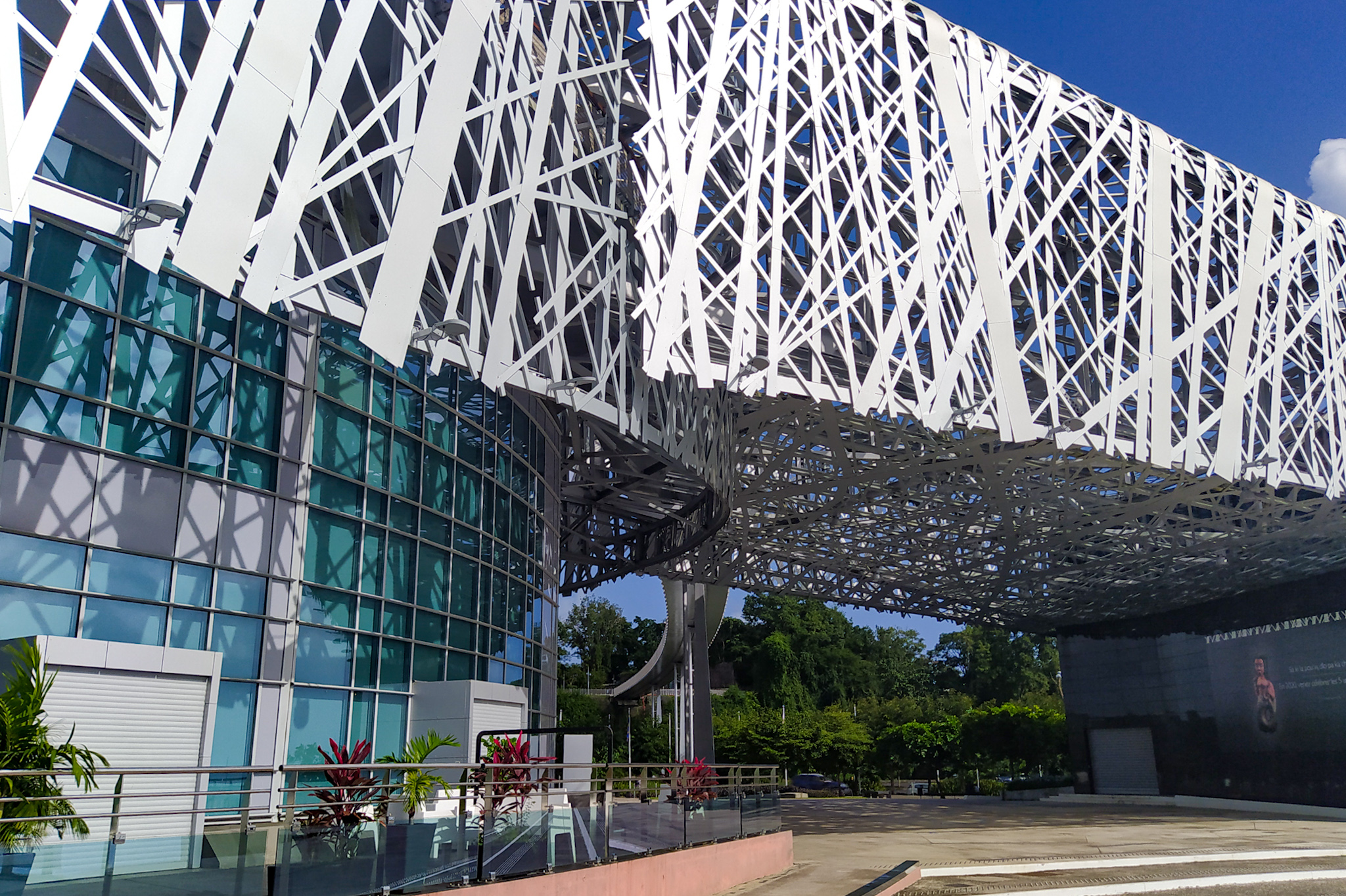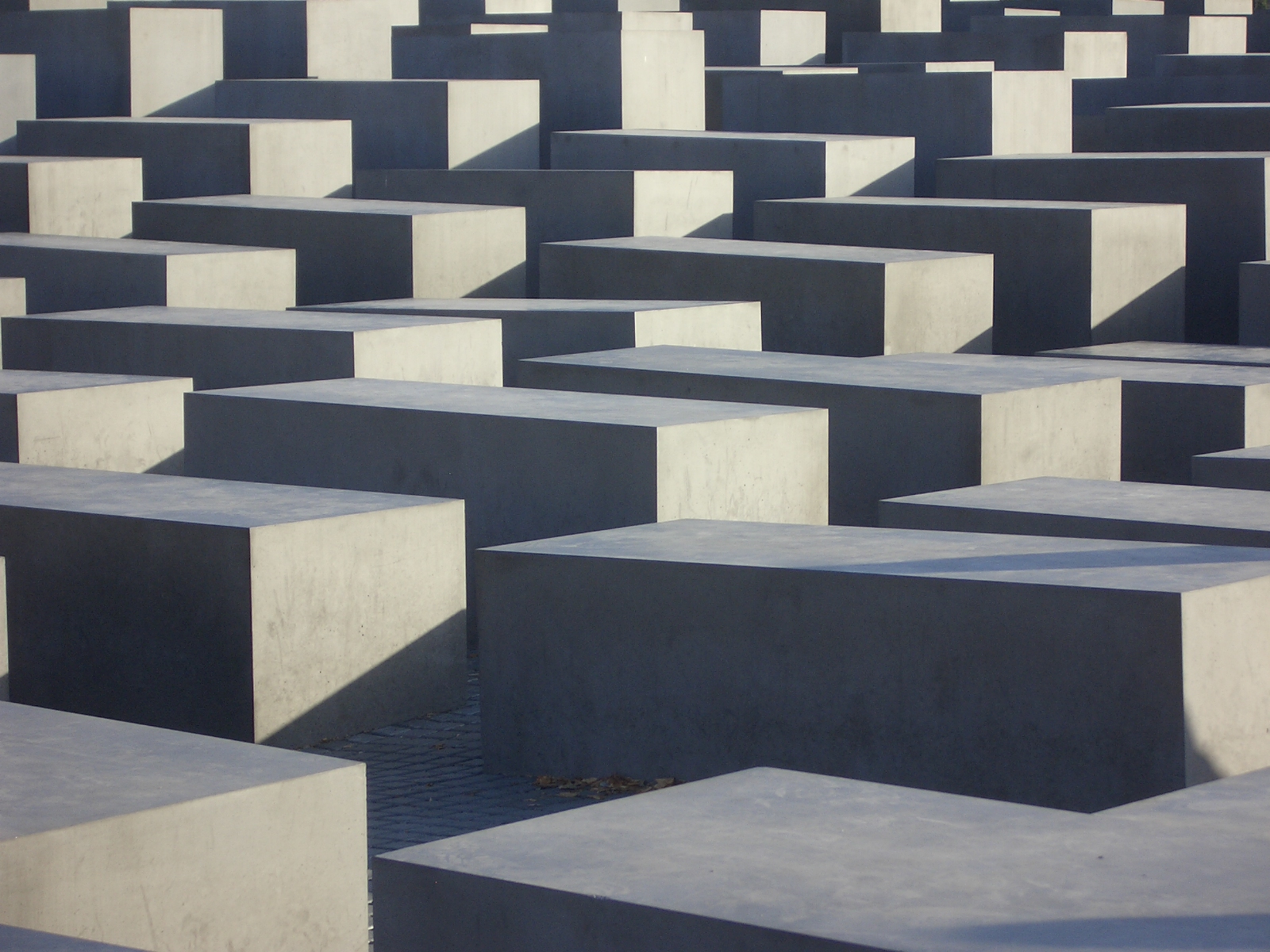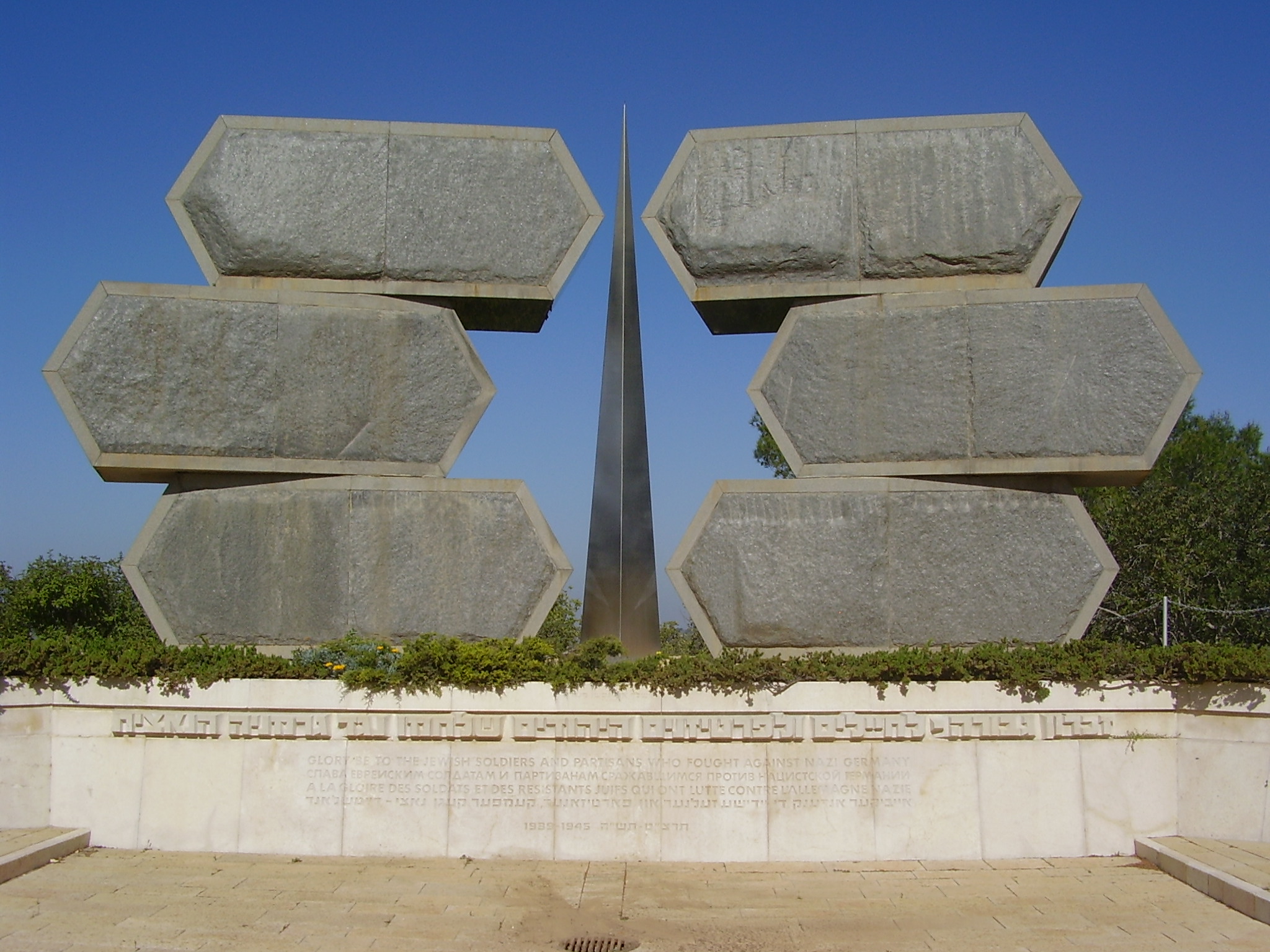Casa Museo Hermanas Mirabal
Museum
Theme: Political persecution

Address
Tenares 34000
Country
Dominican Republic
City
Salcedo
Continent
America
Theme: Political persecution
Purpose of Memory
To honor the lives of Patria, Minerva and María Teresa Mirabal and pay tribute to their fight against the repression and terror inflicted in the Dominican Republic under Rafael Trujillo’s military regime (1930-1961).
Institutional Designation
Casa Museo Hermanas Mirabal
Date of creation / identification / declaration
1994
Public Access
Free
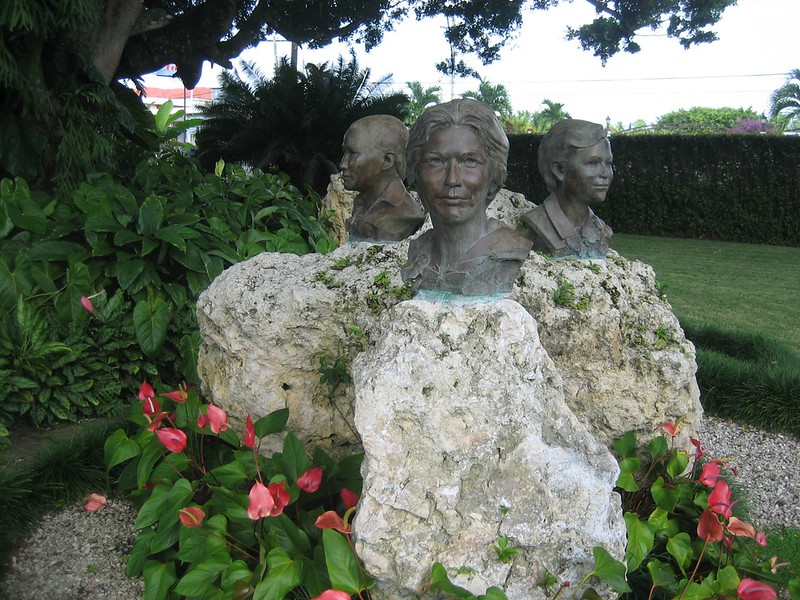
Location description
Casa Museo Hermanas Mirabal is located in the municipality of Salcedo. It belonged to the Mirabal family and it was the residence where the Mirabal sisters (Minerva, Patria and María Teresa) spent their last years before being murdered during Rafael Trujillo’s dictatorship based on the fact that they were against the regime and they were women.
The house was built in 1954 and it remains in its original condition. It’s made of wood and concrete and surrounded by a huge garden. Inside the house, there is a collection of the Mirabal sisters’ personal and daily-life items on display: antique furniture, pictures, dresses, tablecloths, etc. There is also a library and an office.
The pictures, nameplates, ornaments and personal accessories help narrate the lives of these sisters who are considered national heroines due to their roles in fighting against the Dominican dictatorship (1930-1961). Since 2000, the remains of Patria, María Teresa, Minerva and Manolo Tavárez, the latter’s husband, lie in a mausoleum built in the garden of the house, where the four niches surround a water fountain.
Rafael Leónidas Trujillo became the President of the country on 16 August 1930, in the context of an economic, social and political crisis which ended up overthrowing President’s Horacio Vásquez government. Trujillo’s dictatorship extended until 1961 and became known as one of the most violent dictatorships in Latin America. During his office, all types of political opposition were prohibited; the army carried out intelligence, control and repression activities against political opponents and the Dominican society was watched by the Military Intelligence Service.
Patria, Minerva and María Teresa Mirabal were born and raised in a well-off family in the Salcedo municipality. Since their childhood, they stood out due to their intelligence, social awareness and interest in reading; later, they devoted their entire lives to fighting for political freedom in their country. They had a fourth sister, named Bélgica “Dedé” Mirabal, who did not play an active role in political resistance.
To face dictatorship, the sisters created the political group “14 de Junio” (the Fourteenth of June), where they were known as “las Mariposas” (the Butterflies). On several occasions, María Teresa and Minerva were imprisoned and tortured. On 18 May 1960, they were convicted for “threatening the security of the Dominican State,” together with their husbands. However, some months later, they were released as a result of a decision by the Organization of American States (OAS) which questioned the dictatorship behavior.
On 25 November 1960, while they were being driven to visit their husbands who were still in prison, Patria, Minerva and María Teresa were attacked by members of the secret police who beat them to death. The dead bodies of the threes sisters and the driver were left in the car so as to pretend an accident had occurred. The Mirabal sisters’ murder was a shock to the people and a breakdown in the history of the country. The following year, Trujillo was murdered when he was travelling along a Dominican route. The parties involved in the crime referred to the Mirabal sisters’ murder as one the reasons which led them to commit this crime. In 1962, democratic elections were held and Juan Bosch, leader of the Dominican Revolutionary Party, won.
According to the official figures, it is estimated that 50,000 people were killed during the Dominican dictatorship.
The Mirabal sisters were recognized as martyrs of the Dominican history due to their bravery and fight for democracy, equality and individual freedom. Over time, they became a symbol of the fight against gender violence, which affects women all around the world.
Since 1965, the house where Patria, María Teresa and Minerva spent their last months has been opened to the public so that visitors can learn about their story through the testimony of their sister Dedé. In 1992, the Hermanas Mirabal Foundation was created aimed at highlighting the story, thoughts and ideals symbolized by these three sisters. The Foundation was in charge of officially establishing the Casa Museo Hermanas Mirabal, which opened on 8 December 1994. Inside, there is an exhibition of personal items, ornaments of the time, pictures, plaster sculptures made by Minerva during captivity, embroidery works made by Patria with her sewing machine and different elements that recreate the sisters’ daily lives.
The museum also includes a library and a gift shop. In 2000, the sisters’ dead bodies, as well as Manolo Tavárez Justo’s, were taken to the small mausoleum designed by architect Rodolfo Pou, which was placed in the gardens. With a water fountain surrounded by the four niches, the mausoleum has been declared an extension of the Homeland Pantheon by means of a national decree.
Furthermore, the First Feminist Meeting of Latin America and the Caribbean, held in Bogotá, Colombia, in 1981, declared 25 November as the International Day of Non-Violence against Women, as a remembrance of the Mirabal sisters’ murder. During such meeting, women reported gender-based domestic abuse, as well as violations and sexual harassment exerted by the States, including torture and imprisonment based on political grounds. Finally, in 1999, the General Assembly of the United Nations officially declared 25 November as the International Day for the Elimination of Violence against Women.
Every 25 November, the Hermanas Mirabal Foundation organizes different acts to honor Patria, Minerva and María Teresa’s memories. They include speeches and floral tributes in the Mausoleum located in the garden of the house. Besides, in Santo Domingo, the “March of the Butterflies” takes place on the same date gathering thousands of people who claim for the cessation of violence against women.
In 2007, the name of the Salcedo province, one of the 32 provinces in Dominical Republic, was changed to Hermanas Mirabal province.

